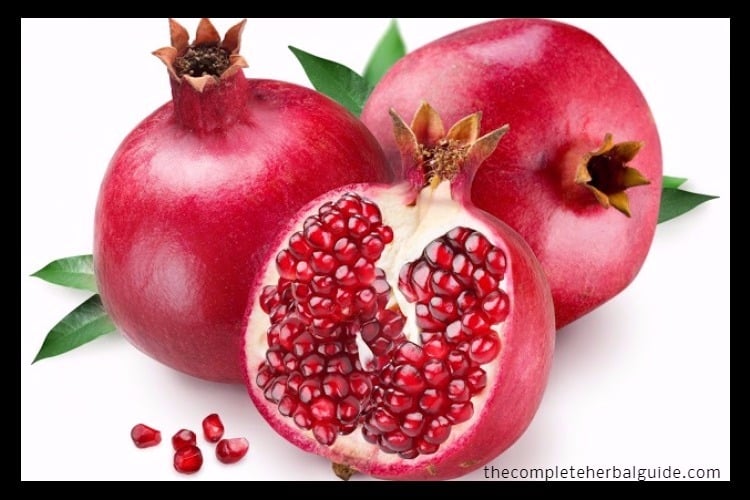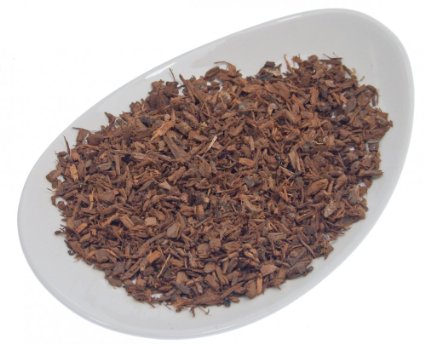
Symptoms and Natural Treatment for an Enlarge Prostate

The prostate is a small gland, usually described as “walnut-sized,” that, together with the seminal vesicles, produces the fluid part of semen. It is located just below the bladder and surrounds the urethra, the tube through which urine passes through the penis. Problems with the prostate are usually connected to aging: the older you are, the more likely your chances of experiencing prostate problems and symptoms. Young men are rarely affected by these disorders. After age fifty, however, disorders of the gland are among the most common of men’s health complaints. Eighty percent of all prostate cancer diagnoses, for instance, are made after age sixty-five, and by age seventy, ninety percent of all men display at least some symptoms of an enlarged prostate.
Table of Contents
Symptoms
- Difficulty or pain while urinating
- Burning sensation while urinating
- Pelvic pain
- Frequent urination
- Abdominal pain
- “Dribbling” or incontinence
- Impotence
- A feeling that your bladder never fully empties
- A sudden inability to urinate
- Urinary tract infection
- Hematuria and/or anemia
- Nocturia
Causes
- Prolonged periods of sitting – prolonged periods of sitting, as in certain occupations, also increase the pressure on the pelvic region, resulting in congestion of the tissues in and around the prostate gland.
- Exposure to cold, chill and infectious diseases – Acute prostatitis may also result from exposure to cold and chill, and from infectious diseases. Chronic prostatitis is an after-effect of the acute condition.
- Excessive sexual excitement and constipation – Also, It may be caused by continual irritation of the gland due to the excessive sexual excitement. Another important cause of prostate disorders is constipation when the faces become hardened and the rectum or lower bowel is overloaded, causing undue pressure on the prostate gland.
Treatment
Pumpkin Seeds
Pumpkin seeds are an effective home remedy for prostate problems and many patients have been helped by their use. These seeds are rich in unsaturated fatty acids, which are essential to the health of the prostate. Persons beyond the age of fifty, who have any signs of prostate trouble; or those who suffer from urinary disorders of some kind, namely, burning or difficulty in passing urine freely, should take sixty to ninety grams of pumpkin seeds per day. The seeds may be taken in the form of powder sprinkled over cooked vegetables or mixed with wheat flour to make chapattis. They can also be taken in the form of a paste made with honey, or as a drink mixed with diluted milk and sugar to taste.

Vegetable Juices
The use of vegetable juices has been found beneficial in the treatment of prostate problems, including prostate enlargement. The juice of carrots, taken separately in a 500 ml quantity, or in combination with spinach juice, is especially valuable. In the case of combined juices, 200 ml of spinach juice should be mixed with 300 ml of carrot juice to prepare 500 ml or half a liter of combined juices.
Zinc
The use of zinc has been found valuable in cases of prostate disorders. About thirty milligrams of this mineral should be taken daily in the treatment of these diseases.
Vitamin E
Vitamin E has proved to be an important factor for prostate health. The patient should, therefore, use vitamin E-rich foods liberally or take 600 IU of this vitamin daily. Vitamin E-rich foods are wholegrain products, green leafy vegetables, eggs, milk, and all raw or sprouted seeds.





